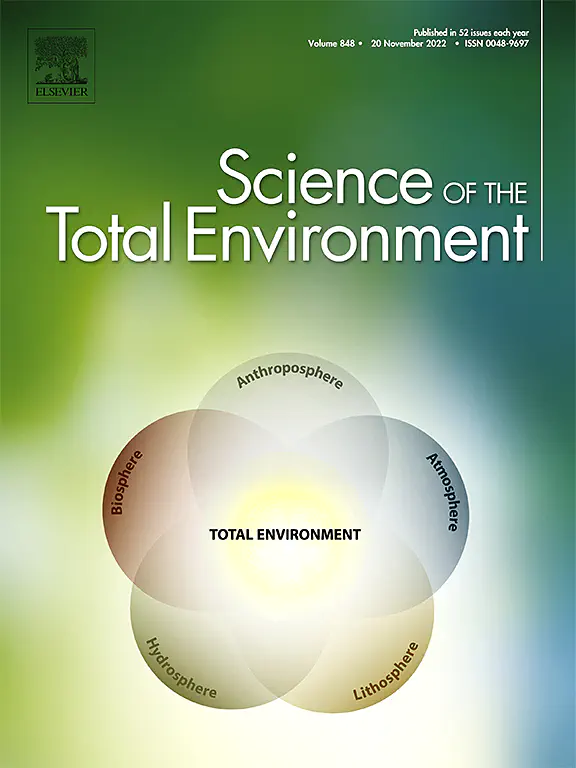Decay and persistence of empty bivalve shells in a temperate riverine system

Abstract
Bivalve shells can persist over a geological time, acting as important physical resources to the associated fauna. However, few studies have investigated their relevance as persistent long-term ecological attributes to the ecosystem. As such, it is relevant to investigate the shell decays in riverine systems subjected to different environmental conditions. Towards this end, shells of four bivalve species (Anodonta anatina, Corbicula fluminea, Potomida littoralis and Unio delphinus) were made available individually and in clusters of different sizes. The effects of river flow and seasonality were assessed by recording the decay rates of shells in lentic and lotic habitats throughout the year. Our results evidenced that the decays varied among species and depend on shell size, water flow and season. Thin shelled species (A. anatina and U. delphinus) showed the highest mean percentage of decay per month, 3.17% (lotic) and 2.77% (lotic), respectively, and thick shelled species (C. fluminea and P. littoralis) the lowest, 2.02% (lotic) and 1.83% (lotic), respectively. Size was a relevant variable explaining decays, with the smallest shells presenting the highest values, 1.2–2.0 times higher compared to the other size classes. Also, robustness showed to be the most relevant feature explaining the decays in thick shelled species. River flow was also a relevant descriptor of the decays, with higher decays observed in the lotic compared to the lentic habitats. Furthermore, lower decays were observed mainly during summer (lentic site), and autumn (lotic site) associated to the burial effect of leaves. In summary, shells of the native species A. anatina and U. delphinus are expected to persist and contribute less as habitat engineering species, than shells of the native P. littoralis and invasive C. fluminea species. This is especially valid to lotic habitats where the decays were up to 2.13 times higher than in lentic habitats.